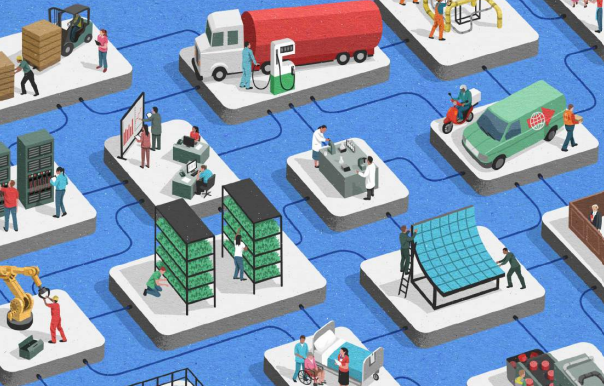#Healthcare, #Innovation, #Wellbeing
Dementia villages, like The Hogeweyk in the Netherlands, are designed to resemble normal neighborhoods. They have restaurants, grocery stores, and public spaces, but are staffed by caregivers trained in dementia care. These villages allow residents to maintain autonomy while being supported, offering a more humane alternative to traditional nursing homes. The focus is on creating a safe, familiar environment that helps preserve quality of life as dementia progresses. Each resident lives in small groups, mimicking a family household, and they are free to explore public spaces like theaters or gardens, promoting choice and independence.
Traditional nursing homes often feel sterile and lack personalization, but dementia villages use careful design strategies. They avoid institutional elements like handrails everywhere, focusing on accessible environments. Bright, natural lighting and familiar public areas help residents orient themselves and stay active. These elements foster socialization and community, reducing the need for medication and improving well-being. Evidence suggests that small-scale living and access to outdoor spaces can reduce agitation and behavioral issues, enhancing the lives of dementia patients.
While expensive, dementia villages exemplify universal design principles, showing how environments tailored to specific needs can improve life for all. They challenge the traditional view of dementia care, emphasizing that people with dementia still have desires and the ability to live fulfilling lives. Creating spaces where they can thrive, rather than just exist, is the key to their success.
Watch the full video here: https://bit.ly/3Yobh1C.

Cold storage real estate is rapidly maturing, driven by pharma growth, food consolidation, and the shift to e-grocery.

Automation is transforming the labor market, increasing demand for interactive and analytical skills, and requiring continuous training.

In the global labor market technology adoption remains a key driver of business transformation, while environmental, technology, and economic trends impact job creation. Upskilling, diversity, equity, and inclusion initiatives are crucial for bridging talent gaps and promoting inclusive growth.
Accessibility Tools